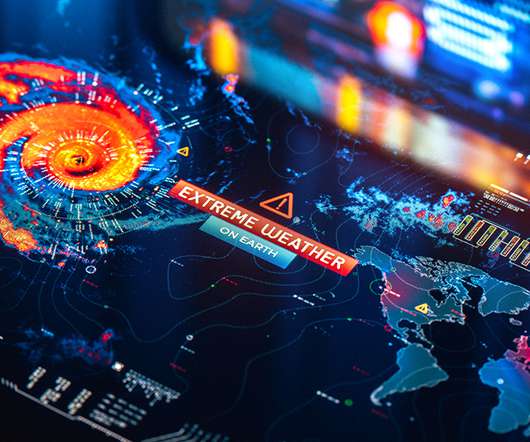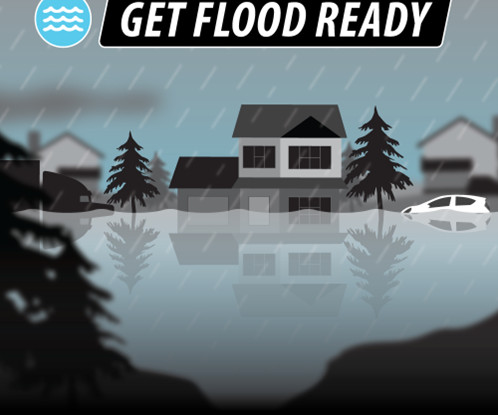More Tornado Info from ASCE
Recovery Diva
DECEMBER 30, 2021
From the American Society of Civil Engineers, Wind Hazard Damage Assessment Group: The StEER report on timpacts from 10 December 2021 tornado outbreak and accompanying media repository can be accessed below. NPR All Things Considered Interview: Civil engineers says buildings will need to prepare for stronger storms,” Audie Cornish: [link].












Let's personalize your content